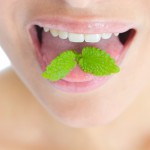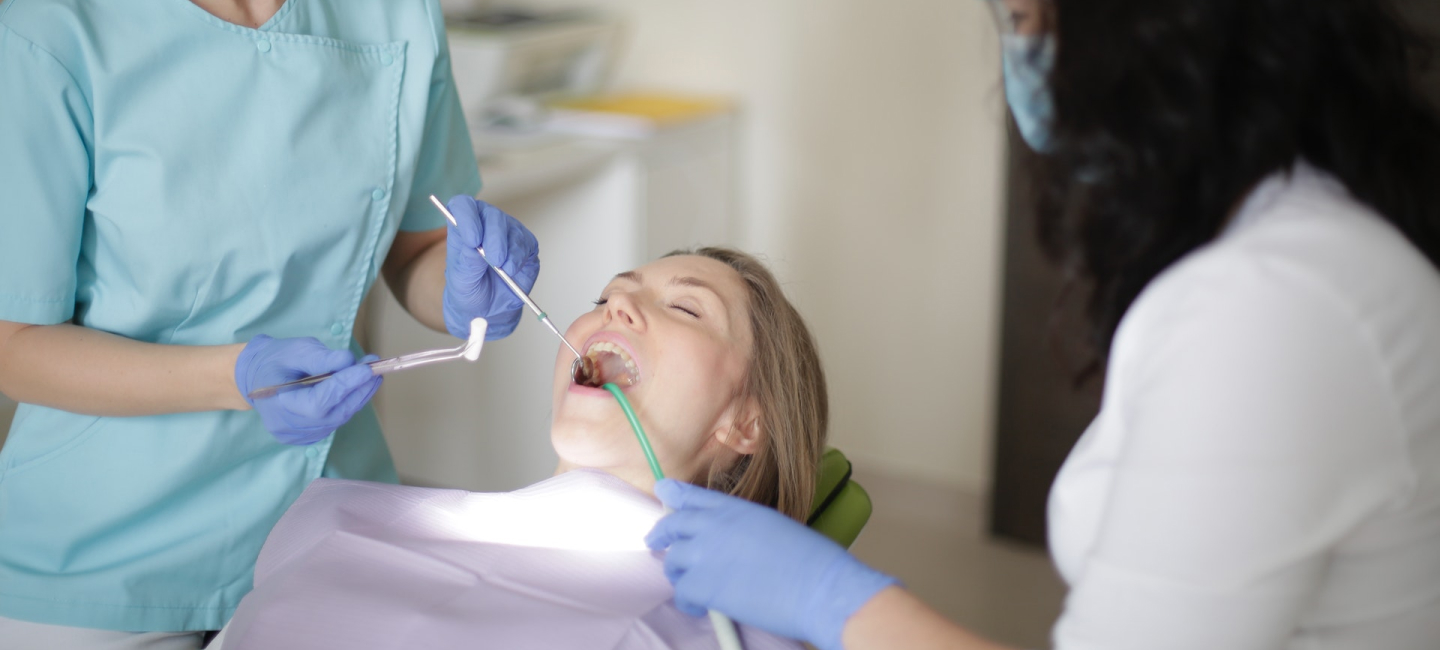 Bad breath, medically called halitosis, can be embarrassing if you know you have it, and it’s probably worse if you have it and don’t realize it. Nobody wants to be face to face with someone who has bad breath. It’s no surprise that stores heavily stock shelves with a huge variety of breath-related products: gum, mints, mouthwashes, breath strips and rinses aimed at fighting bad breath. But before starting the battle against bad breath, it’s a good idea to learn the causes of halitosis.
Bad breath, medically called halitosis, can be embarrassing if you know you have it, and it’s probably worse if you have it and don’t realize it. Nobody wants to be face to face with someone who has bad breath. It’s no surprise that stores heavily stock shelves with a huge variety of breath-related products: gum, mints, mouthwashes, breath strips and rinses aimed at fighting bad breath. But before starting the battle against bad breath, it’s a good idea to learn the causes of halitosis.
Bad breath is most commonly attributed to the foods you eat. All the food you eat basically begins to break down in your mouth. As foods are digested and absorbed into the bloodstream, the elements of the food ultimately get carried to your lungs and given off in your breath. Brushing, flossing, and even use of mouthwash are only temporary solutions that cover up the smell of foods with strong odors. Until these foods have passed through your body, the odor will not completely go away.
Halitosis can also be the result of poor dental health habits. If you don’t brush and floss your teeth daily, food particles remain in your mouth. This allows bacterial growth between teeth, around the gums, and on your tongue. This bacteria can give off an unpleasant odor. Do you wear dentures? If so, you need to be even more careful. Bacteria and food particles can also cause bad breath if dentures are not properly cleaned. Do you smoke? Smoking or chewing tobacco-based products not only causes bad breath, but also stains teeth, reduces your ability to taste food, and irritates your gums.
Halitosis can be prevented with some simple dental hygiene steps. First, practice healthy oral hygiene. Brushing at least twice a day with fluoride toothpaste removes food debris and plaque. Brush teeth after you eat and don’t forget about your tongue. Remember to replace your toothbrush every two to three months (old brushes are worn and less effective), and use floss to remove food particles and plaque between teeth once a day.
Secondly, see your dentist regularly. At least twice a year your dentist should conduct an oral exam and professional teeth cleaning. Your dentist will be able to identify and treat periodontal disease, dry mouth, or other problems associated with common causes of bad breath.
Drink plenty of water. Water not only keeps you hydrated but also keeps your mouth moist. Chewing sugarless gum or sucking on sugarless candy promotes the production of saliva. A moist mouth helps wash away food particles and bacteria.
Lastly, if you have bad breath, keep a food log of what you eat. If you think a certain food may be causing bad breath, ask your dentist for their feedback of your food log. If need be, there are some medications that have some impact on mouth odors.
Remember, mouthwash alone is not the answer. Mouthwashes claim to eliminate bad breath. However, remember that mouthwashes are only a temporary solution that just masks the odor, and this wears off. In addition to mouthwashes, consider antiseptic mouth rinses. Instead of only masking bad breath, antiseptic mouth rinses kill the germs that cause bad breath. If self-care tips don’t work to stop your bad breath, see your dentist or doctor and have a conversation about it. Occasionally, bad breath is a sign of a more serious problem, such as an infection, chronic bronchitis, diabetes, or kidney or liver disease.

